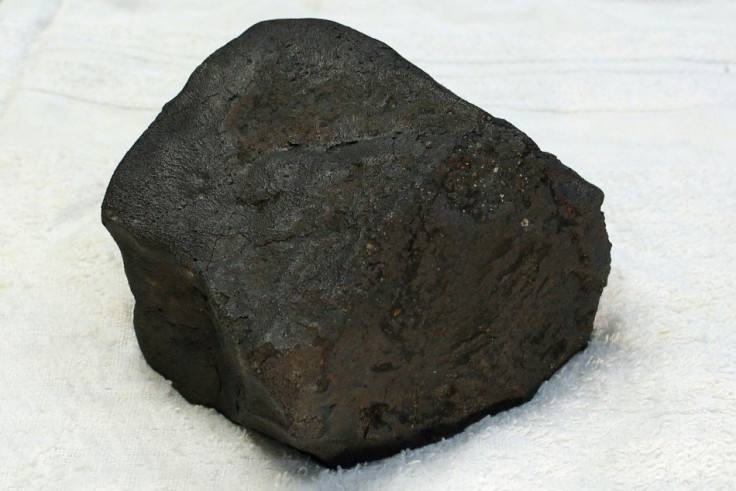Meteorites Showered Earth with Gold

A closer looks at the Earth's crust has revealed that there are many more precious metals in its core than expected, thought to have come from a shower of meteors billions of years ago.
A study from the University of Bristol looked at some of the Earth's oldest rocks and found that when the Earth was first formed all the precious rocks on the surface would have migrated to the core leaving it stripped of metals such as gold, platinum and osmium.
One explanation published by the researchers in the journal Nature was that a 'late veneer'-a flux of meteorites added to the Earth after core formation as a 'terminal' bombardment that culminated in the cratering of the Moon.
They found signs of this four billion old gold shower by measuring isotopes in the rocks from Greenland. They found that the silicate mantle has up to 1,000 times more gold than anticipated.
The team faced a few obstacles while carrying out research on the rocks found due to difficulties in measuring differences in proportions of the metals. .
The proportions of gold and other precious metals are difficult to measure because they concentrate into nuggets, and we need to analyze a lot of rocks to get meaningful data. said lead researcher Dr Matthias Willbold.
They looked at Tungsten that acts similarly to precious metals and compared modern rocks with ancient ones found in Greenland the rocks from Greenland showed to be enriched with precious metals corresponding with the terminal bombardment impact of 3.9 billion years ago.
Researchers believe that during this time, the Earth would have been hit with 20 billion billion tons of asteroid material. It is not clear whether this would have come in the form of many small impacts, or just two or three mega-impacts, Dr Willbold said.
The bombardment may have also brought water to the earth according to said Richard Carlson of the Carnegie Institution of Washington, discovery news reported.
© Copyright IBTimes 2025. All rights reserved.



















